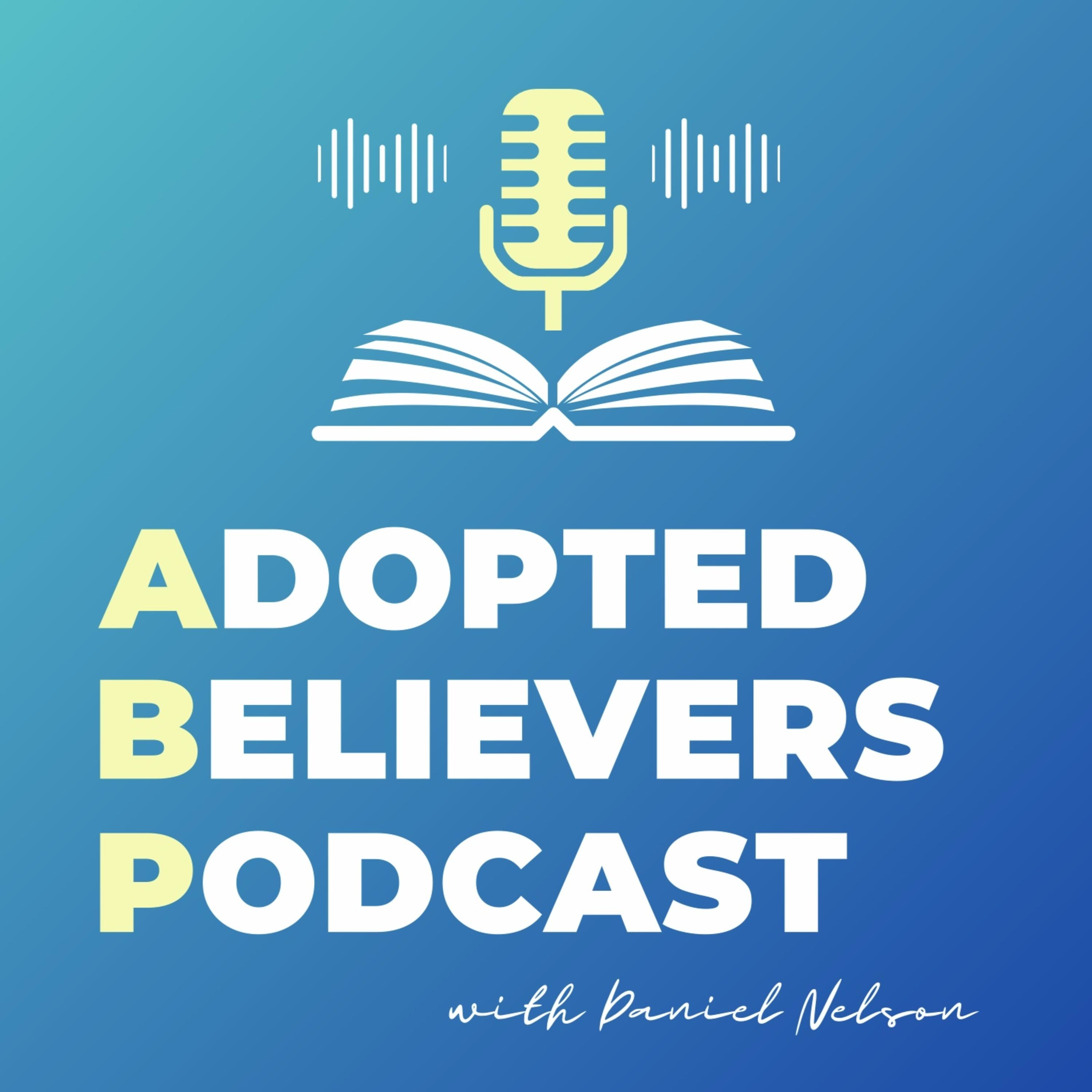Built on the Bible
A fifth-grade teacher assigned her class a project: make an ornate stained glass mosaic. The whole class had to contribute to this mosaic. They had very different personalities. Some enjoyed their art to be very stylish. Others enjoyed their art simplistic. However, they all had to contribute to make one mosaic. But there was a catch: they had to make their piece for homework, so they couldn’t talk to each other for guidance coordination. Obviously, the end result was a disaster, with no cohesiveness. On the bright side, the finished product did look like great modern art!
This is similar to how the Bible was created, but unlike the Mosaic, the Bible is one of the most cohesive books ever written. How is this possible? How does the whole Bible point to Christ if most of the books were written before He came to earth as a man, died, and rose again? The answer to that question is easy. “All Scripture is breathed out by God” (2 Timothy 3:16). We must look to the words of Peter in his second letter, in which he discussed the Scriptures: “No prophecy of Scripture comes from someone’s own interpretation. For no prophecy was ever produced by the will of man, but men spoke from God as they were carried along by the Holy Spirit.” (2 Peter 1:20-21)
As we examine the Bible, we must always remember that its writing was “carried along by the Holy Spirit.” The Holy Spirit guided men as they wrote the Bible. What type of men did the Holy Spirit guide and use to create the Scriptures? Did He use kings? He probably used educated people. But maybe uneducated fishermen. Or maybe shepherds. Maybe He spoke through poets. Or maybe he used men who had multiple of these professions on their resumes. The answer to our question is all the answers above and more! We will now take a look at who all God used to speak to man.
The Historians
The historians are the first type of authors we see in each of the Testaments. Actually, the first seventeen books in the Old Testament (Genesis-Esther) and the first five books in the New Testament (Matthew-Acts) are historical in nature. As someone who teaches the Bible regularly, I will admit that historical passages are actually the hardest to teach for me personally. Why is that? Because unlike epistles or poetry, the meaning and application of historical writings takes a little bit more digging to uncover.
There are two ways that we can understand the historical writings. The first is when the Bible itself does the work for us. One of the biggest analyses of Old Testament heroes comes in Hebrews 11, the “Hall of Faith.” Poetry, Law, Prophets, and Epistles help us understand the godly characteristics we see in the men and women in the historical writings.
With that being said, the other, more common way that we analyze history is by using general principles found in the Scriptures and seeing how the characters we read about exemplify godly traits or show ungodly traits that we must avoid. For example, I was recently meditating on Job 1:1. This verse talks about the character and actions of Job. As I mediated on this passage, I asked myself, can God say this same stuff about me? How am I meeting these standards? How am I failing to meet these standards? That is just one example of how we study historical writings.
Poetry
The next genre of biblical writing of interest to us is the poetical writings. While these are generally categorized as Job-Song of Songs, in reality Job-Malachi is much more accurate since almost all of the prophetic writings are written in the form of poetry. As we start studying through Isaiah on Adopted Believers Podcast, we’ll get to see one of the greatest poets in history, Isaiah. Isaiah 14 is viewed as one of the greatest Hebrew poems in history because of the incredible poetic devices Isaiah uses.
Another biblical author that you are likely familiar with is David. He is responsible for making a large portion of the Psalms. He is another poet who was very versatile. From psalms of praises to imprecatory (i.e. “strike him down!”) psalms, David used his poetical talents for the glory of God.
Understanding and applying the poetical writings is one of the most enjoyable and easiest in the Bible. I would highly recommend using a more academic commentary while studying the poetry so that you can see poetical devices that the author may use that are lost in translation. While the loss of the poetical devices doesn’t change the meaning of the passage, and the English poetry is still inerrant, realizing how the author crafted the verse is very rewarding.
One helpful way of understanding poetry is realizing that the author often writes in blocks. That is one method I use as I plan to teach a passage. I see what one three or four verses mean, what the next three or four verses mean, and how they relate. Hopefully that is a method that helps you, and please, try other methods of studying poetry!
Be sure to check back in in two weeks for more authors and genres!
Scripture quotations are from the ESV® Bible (The Holy Bible, English Standard Version®), copyright © 2001 by Crossway, a publishing ministry of Good News Publishers. Used by permission. All rights reserved.

